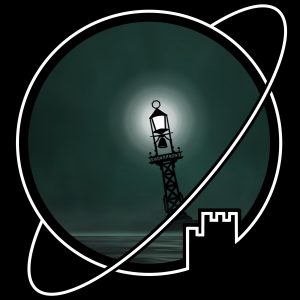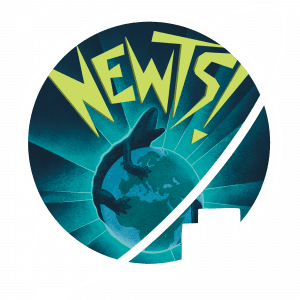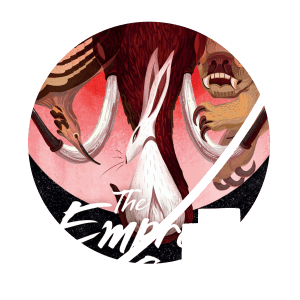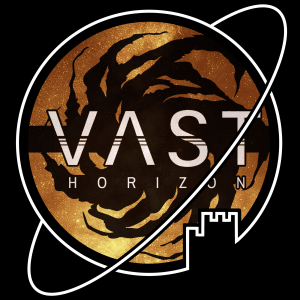- Novel written by H.G. Wells
- Published in 1896
- Standalone


Listened to the audiobook with George Griffin – well read.
The Island of Dr Moreau is some of the very earliest works of science fiction ever, and honestly, it didn’t quite click for me.
The story is really simple: a cast away washes ashore on an island that is home to a race of strange human-animal hybrids, that turn out to be sutured together by a mad scientist that is trying to prove a point. When his influence over them wanes, they revert – some more slowly than others – to their animal nature, and the protagonist has to flee the island and get back to the world of men.
If I were brutally honest, I would say that that is a plot on the level of a children’s comic book.
Now, of course, the we should not forget that this novel was published in 1896. The mad scientist might have found his origin in The Island of Dr Moreau (to those of you who would accuse Victor Frankenstein of starting this trope instead, I challenge you to read the book!). So we need to cut Wells some slack.
But even with a lot of slack, I feel The Island of Dr Moreau doesn’t really rise much above the level of a simple adventure story.
Perhaps the idea of vivisecting and rebuilding animals the way Moreau does in this novel was an interesting or even vaguely plausible science fiction concept in 1896, but 130 years later it strikes the reader as rather fanciful.
The science fiction and the plot might be a little simple, but Wells wouldn’t be famous over a century down the line if he weren’t a good writer. There are certainly parts of The Island of Dr Moreau that prove that.
The best element of the story is probably the struggle of the beast-men to retain their human side. Made to be more than beasts, they are proud of their humanity and want to remain rational. But the moment their strict regime breaks down, they start reverting to their animal habits despite themselves.
I found that idea – that you may reshape an animal but that it will always revert to its nature – a sad but nevertheless thought-provoking message. It underlines Moreau’s hubris and his cruelty in making these animals something they are not.
In the end, I am happy to have crossed a classic like The Island of Dr Moreau off my list, but I am not sure this is a book that I would recommend to 21st century readers. A cornerstone of the genre, perhaps, but one best appreciated in its foundational role not examined individually.














